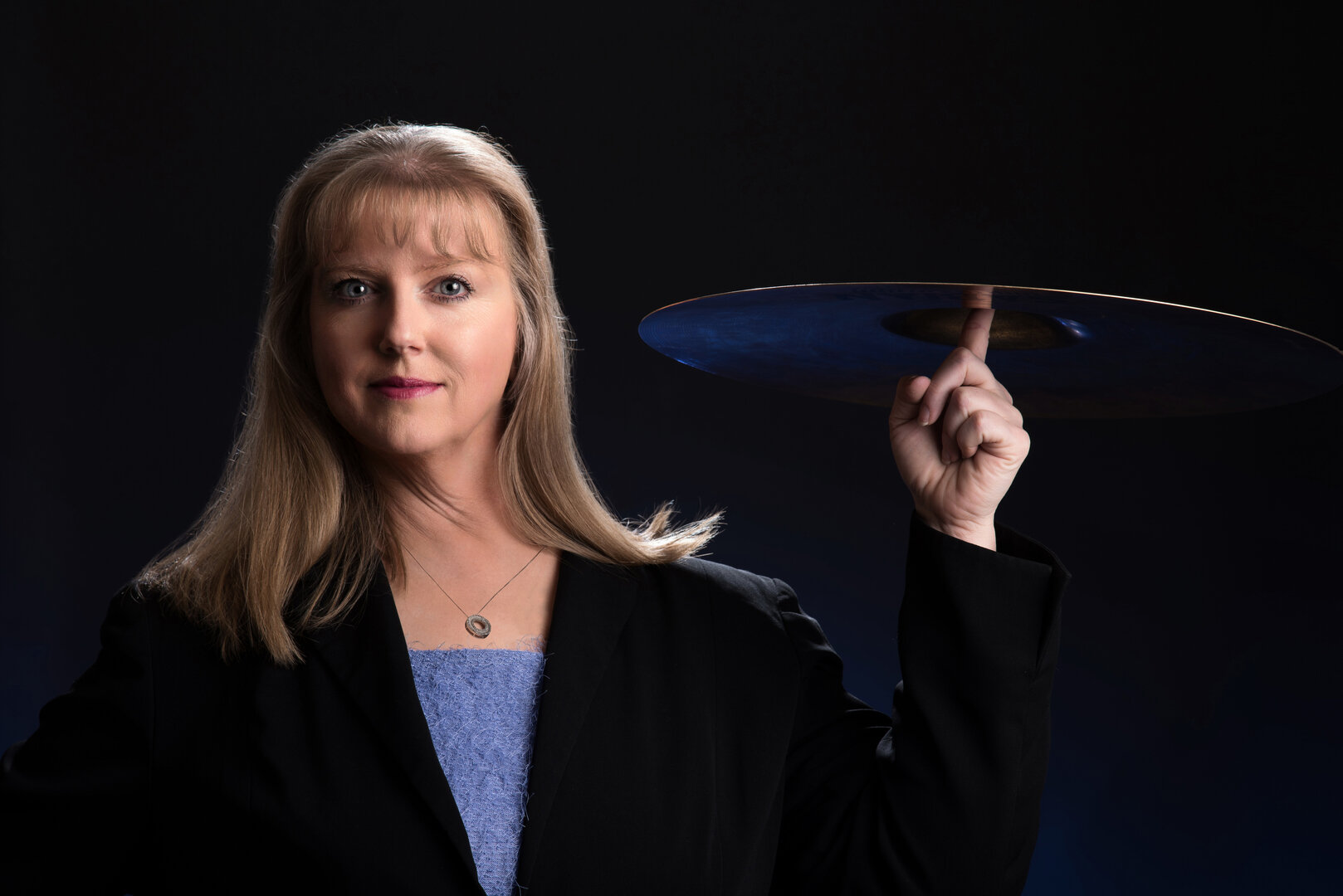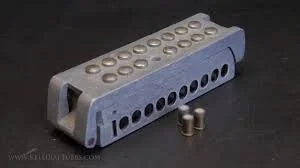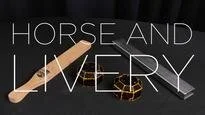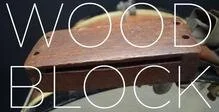Another great video about the history of drums and sound effects by columnist Kelli Rae Tubbs, featuring Wm F “B3” Ludwig . This one is loud. Hold your ears! :-)
Kelli Rae Tubbs takes us back in time again, before the invention of the high hat, and shows us the contraptions drummers invented to play cymbals with their feet.
Part 2 uncovers another piece of the puzzle of how cymbals made their way from the orchestra to the rock band: the bass drum pedal and a device called a "clanger."
As a drum historian, Kelli has been collecting vintage and antique drum equipment, method books, photographs, and literature, creating a fine collection of resource material for a deeper understanding of the role her peers from 100 years ago played in the development of the drum set and how those innovations shaped the music we all listen to today. To help document her research, she has created a series of videos that address specific historical drum equipment.
A series about the sound effect instruments used in silent films 100 years ago, at that time known as "moving pictures," with host, Kelli Rae Tubbs and special guest, William F Ludwig III. The
A series on the transition of drum sets with host, Kelli Rae Tubbs. The history-rich videos discuss the components commonly found on the early drum set
Not So Modern Drummer welcomes old friend but new columnist Kelli Rae Tubbs. She knows her stuff about the early drum sets of the early 1900s and she is a great presenter and host. We will be featuring one or more of Kelli’s very well produced videos every month.









n the early 1800s, Italian composers, Gaspare Spontini and Gioacchino Rossini, encouraged the use of cymbal mounting brackets in their compositions. French composer, Hector Berlioz, on the other hand, felt this practice was counter-productive and that it did not honor the quality of the music, saying it was only suitable for the accompaniment of "low brow" entertainment like sword swallowers and jugglers in his 1844 treatise on orchestration.